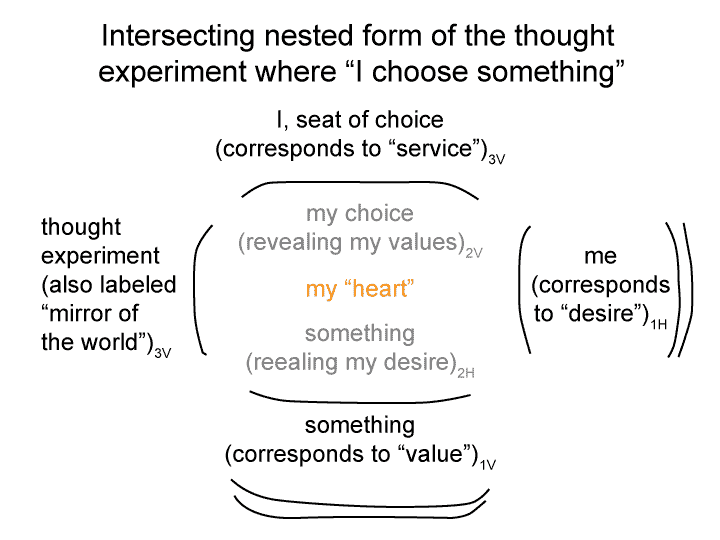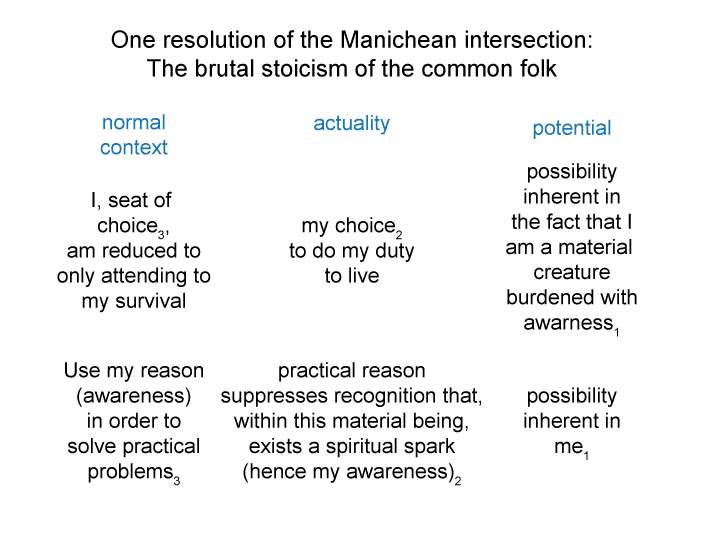Man and Sin by Piet Schoonenberg (1964) 2.3 LA
[Plus, there are three types of desire: the desire to approach, the desire to avoid, and the desire to not be bothered.
I cannot approach my inadequacy in fulfilling the laws as interpreted by the Saducees and Pharisees2a.
I cannot avoid my inadequacy in fulfilling the laws as interpreted by the Saducees and Pharisees2a.
But, I can desire not to be bothered by it.
Weirdly, this supports the modern notion of “freedoms” as negative rights. The original American constitution establishes the freedom not to be constrained by the state (religion).]


